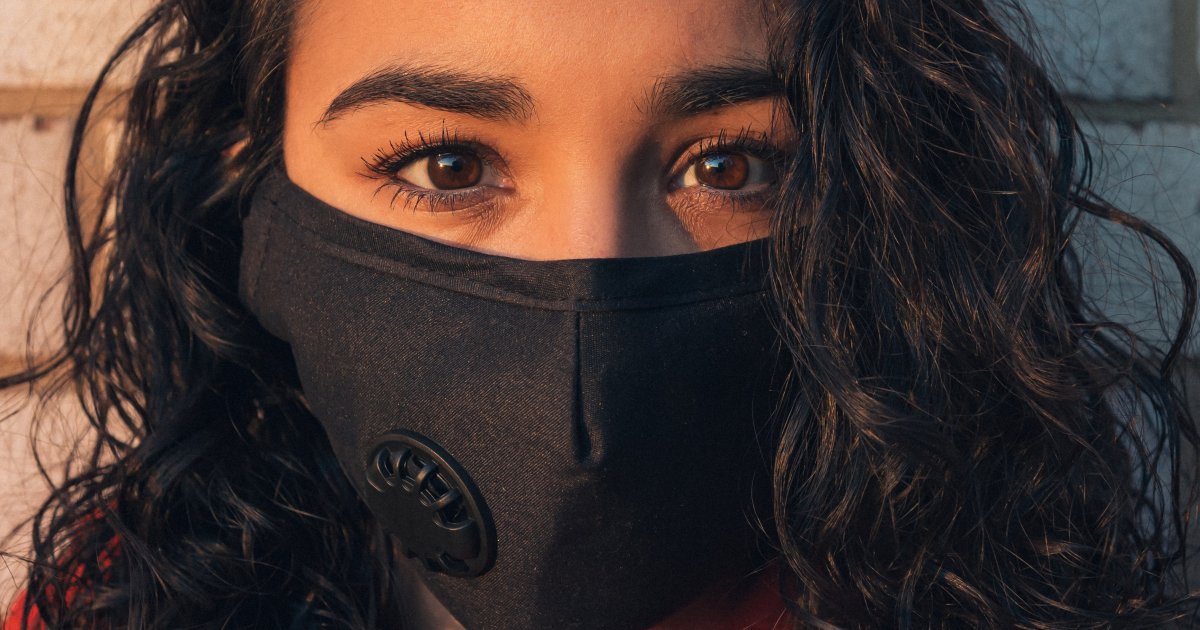Gynecologic Cancer and COVID-19
- New study shows women with gynecologic cancer and COVID-19 are no more likely to go to the hospital than others with COVID-19
- Late-stage cancer, chemotherapy, and surgery did not raise a patient’s risk of death from COVID-19
- Risk factors like diabetes, obesity, and high blood pressure have a bigger impact on how patients fare if they were to contract COVID-19
Related: Gynecologic Oncologist: Captain of Your Ovarian Cancer Team
Read More"We're hoping that this data can help women with gynecologic cancers in different epicenters in the country feel safer about continuing their anti-cancer therapy," Pothuri says. "These are important treatments."
What is a gynecologic oncologist?
Gynecologic Cancers Don't Worsen COVID-19
Researchers analyzed the medical records of 121 women, ages 51 to 63, who had COVID-19 while receiving treatment for gynecologic cancer at six New York City hospitals. About half the women went into the hospital for COVID-19. Three out of four of the women with gynecologic cancer and COVID-19 had only a mild to moderate case of the virus. They recovered from the infection completely. While some patients in this group did go to the hospital, they didn't need a ventilator or ICU care.
The study found that 14 percent of the patients with COVID-19 didn’t make it, which mirrors the overall death rate of 14 percent previously found in a larger study of 5,700 patients hospitalized for COVID-19 in New York City.
Women in the study were no more likely to go to the hospital for COVID-19 than people in the general population. Patients with late-stage cancer or who had cancer surgery and or high-dose chemotherapy were not more likely to die from the virus either.
Same COVID-19 Risk Factors, Cancer or Not
While gynecologic cancer and its treatment didn't worsen cases of COVID-19, other known risk factors did. African American women and women with two or more pre-existing health conditions, such as diabetes, high blood pressure or obesity, were more likely to die from COVID-19.
"Around 37 percent of the women we studied had three or more underlying conditions. It was these conditions that were more important just like in the general population than having a cancer diagnosis," Pothuri says.
Notably, the COVID-19 infection rate in this group of women with gynecologic cancers was lower than the rate in the general population. This could be because women tend to have milder cases than men.
"There were probably many mild cases in this population of women who never even got tested," Pothuri says.
People who are undergoing chemotherapy, she adds, also tend to take fewer chances when it comes to exposing themselves to contagious illnesses. They may be more likely to stay home and follow other recommendations to avoid the coronavirus.
A Small, but High-Risk Group
Only a very small group of women in the study had worse outcomes from the virus. Those receiving immunotherapy were three times more likely to die from COVID-19. Of the eight patients taking this immune-boosting medication, three died. The researchers stress that the number is too small to draw concrete conclusions about the safety of immunotherapy in people with COVID-19. "But we couldn't ignore this," Pothuri says.
"The theory is that immunotherapy is revving up your immune system and causing that cytokine storm [severe immune response] that's really the cause of death in COVID-19," she explains.
Related: Stimulating the Immune System to Help Control Ovarian Cancer
More Research to Come
The study results are promising for many women in what Pothuri calls "a scary time to get a cancer diagnosis." But, 121 women in a single city can't represent all women with gynecologic cancers.
"This is a small number of patients. Not all gynecological cancer patients are equal in terms of risk," says Marta Ann Crispens, MD, who is director of Gynecologic Oncology at Vanderbilt University Medical Center in Nashville.
Pothuri and her colleagues have another paper coming out soon about the effects of race and age on the outcomes of women with gynecologic cancer and COVID-19. The researchers also hope to expand their investigation through use of a national registry of cancer patients.
Learn more about SurvivorNet's rigorous medical review process.

